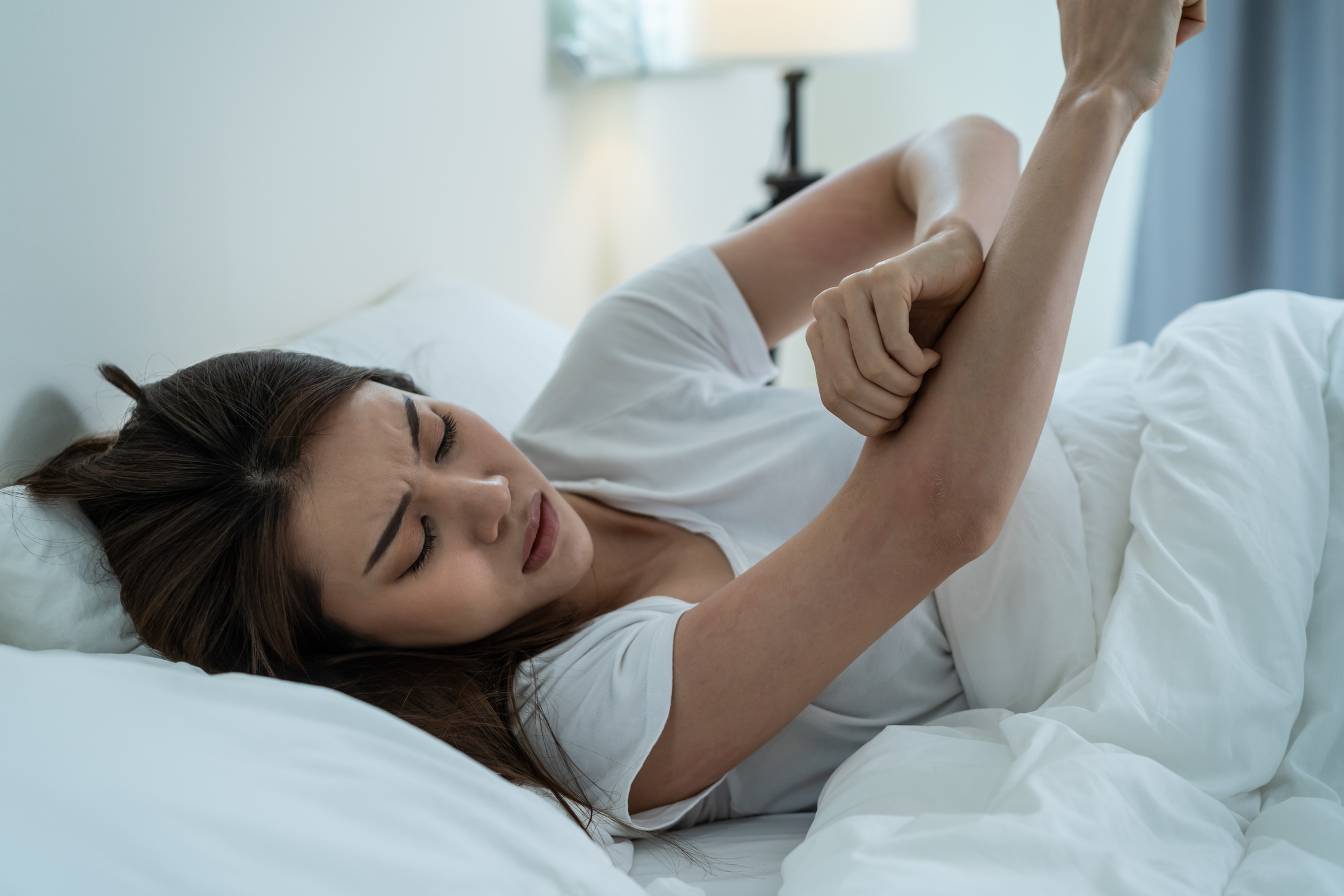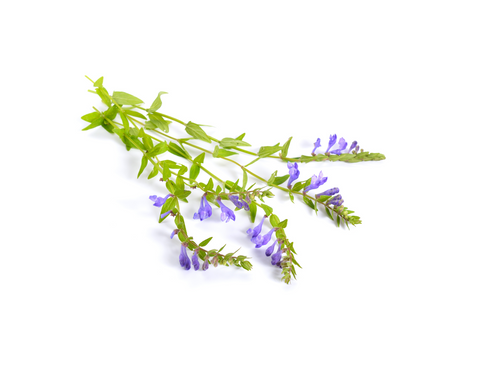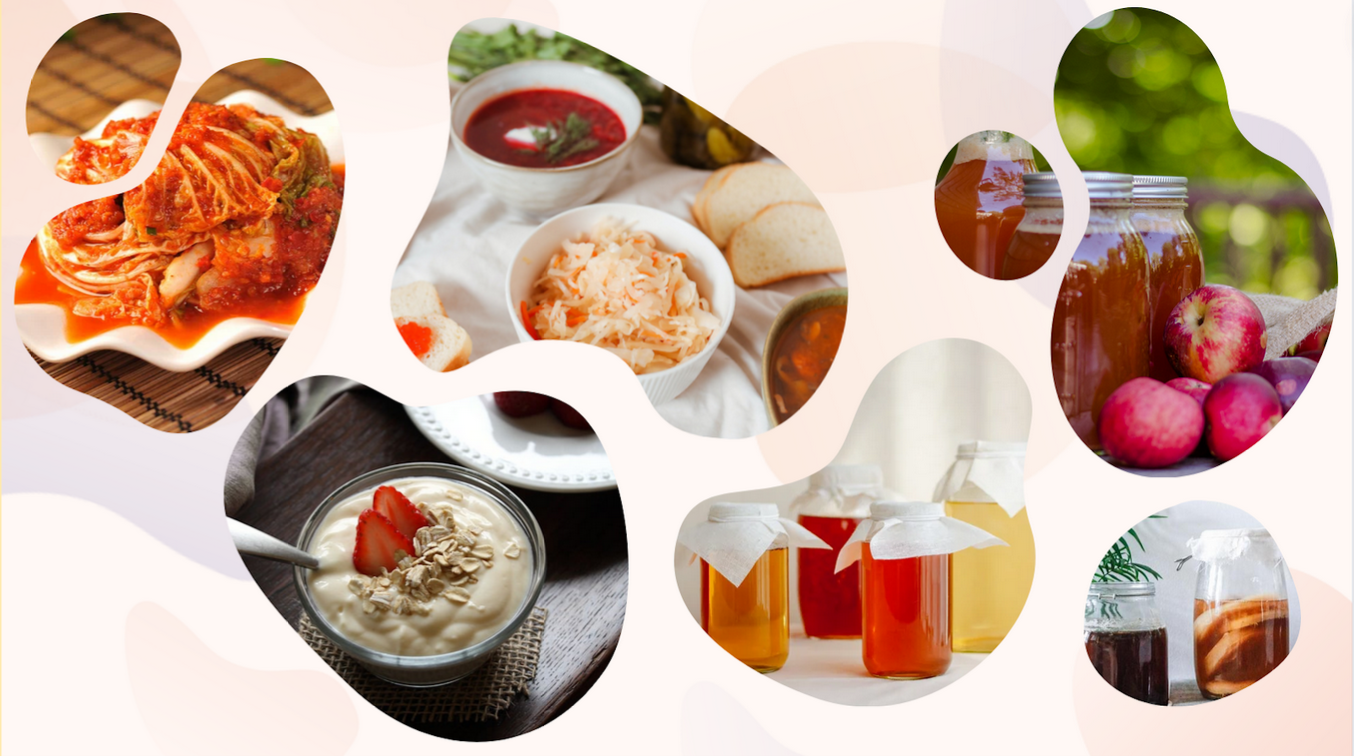Q: What is anxiety and how does it affect individuals?
A: Anxiety is a common mental health condition characterized by feelings of worry, fear, or unease that can range from mild to severe and interfere with daily activities. It can manifest as physical symptoms such as rapid heartbeat, sweating, trembling, and difficulty concentrating.
Q: What factors contribute to the development of anxiety?
A: Anxiety can be influenced by a variety of factors, including genetics, brain chemistry, personality, and life experiences such as trauma or stress. Additionally, emerging research suggests a potential link between anxiety and the gut microbiome.
Q: What is the gut microbiome?
A: The gut microbiome refers to the community of microorganisms, including bacteria, fungi, and viruses, that inhabit the digestive tract. These microbes play a crucial role in digestion, immune function, and overall health.
Q: How does the gut microbiome influence anxiety?
A: Studies have shown that there is a bidirectional communication system, known as the gut-brain axis, between the gut and the brain. This communication occurs through neural, hormonal, and immunological pathways. Disruptions in the gut microbiome can lead to dysregulation of this axis, potentially contributing to the development or exacerbation of anxiety.
Q: What evidence supports the link between the gut microbiome and anxiety?
A: Research in both animals and humans has provided compelling evidence of this connection. For example, studies in mice have demonstrated that alterations in the gut microbiome can influence behavior related to anxiety and stress. In humans, preliminary studies have found differences in the gut microbiome composition of individuals with anxiety disorders compared to those without.
Q: How can we support a healthy gut microbiome to potentially reduce anxiety?
A: Maintaining a diverse and balanced diet rich in fiber, fruits, vegetables, and fermented foods can promote a healthy gut microbiome. Additionally, probiotics and prebiotics may help support beneficial gut bacteria. Managing stress, getting regular exercise, and prioritizing sleep are also important for gut health and overall well-being.
Q: Can addressing gut health alleviate symptoms of anxiety?
A: While more research is needed to fully understand the relationship between the gut microbiome and anxiety, preliminary studies suggest that improving gut health through dietary and lifestyle interventions may have a positive impact on anxiety symptoms for some individuals. However, it is important to consult with a healthcare professional for personalized recommendations and treatment options.
References:
- Cryan, J. F., & Dinan, T. G. (2012). Mind-altering microorganisms: the impact of the gut microbiota on brain and behavior. Nature Reviews Neuroscience, 13(10), 701-712.
- Kelly, J. R., Borre, Y., O’ Brien, C., Patterson, E., El Aidy, S., Deane, J., … & Dinan, T. G. (2016). Transferring the blues: depression-associated gut microbiota induces neurobehavioural changes in the rat. Journal of psychiatric research, 82, 109-118.
- Foster, J. A., & Neufeld, K. A. (2013). Gut-brain axis: how the microbiome influences anxiety and depression. Trends in neurosciences, 36(5), 305-312.
- Sarkar, A., Lehto, S. M., Harty, S., Dinan, T. G., Cryan, J. F., & Burnet, P. W. (2016). Psychobiotics and the manipulation of bacteria–gut–brain signals. Trends in neurosciences, 39(11), 763-781.








